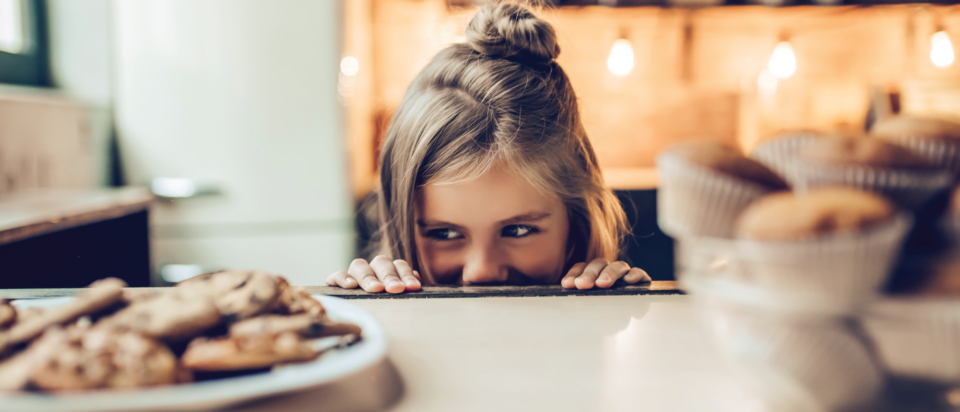If your child has a food allergy, teaching her self-sufficiency is important to her confidence and safety in the long run. Empowering your kids will make birthday parties and all situations easier and easier to accept.
“Empower the child – remind them they don’t have to eat anything if offered,” says Durrani. “There is no shame in not taking any risks. There are plenty of activities at a party that they will still enjoy.”
Taking Control
Start them early. Kids are sponges and want to grow up earlier than we want them to, unfortunately. So teaching them self-sufficiency earlier than later is not only beneficial to them, but letting go and trusting them will also relieve stress for you. Your kids surprised you on how well they handle situations all on their own.
Be Prepared for Anything
Depending on your kid’s food allergy, where the food is being prepared, outside food being brought in, cakes, ice creams, pizza and chocolates/candies tend to be at higher risk for reactions in the common food allergies like peanut, tree nut, milk and egg, says Durrani.
Discussing all scenarios with your kid is vital to their health. They need to be aware of what foods are safe, which are not, and what they should do if it’s offered to them.
“I always recommend to someone without allergies (or anyone for that matter) to be open about your lack of knowledge and to be nonjudgmental,” he continues. “It is very hard sometimes for parents and children with FA to navigate what should be wonderful moments in a child’s life – like their friend’s birthday party – without feeling ostracized. Work with the parent on how they feel their child would.”
Teach Fun and Responsibility
Do have a great experience in the activities you have together, but also ensure safety at the same time. Before dropping him off at his first birthday party, it’s important you call the parents ahead of time to make them aware of your kid’s food allergy. Also ask if there is someone available and capable of handling reactions and epinephrine autoinjectors.
“I think for quality of life, it is important to remind the child that even if they have a reaction, they are safe as there is epinephrine available and someone is there to take care of them,” says Durrani. “They also can have a caretaker call Mom or Dad immediately if they have questions or if they are having a reaction. If the child is older, they can be trained in recognizing and treating reactions.”
Cover the Basics
Covering the food allergy basics with your kids is a great way to educate and not overwhelm them: don’t share food; don’t share utensils; wash your hands before and after eating; and alert a parent immediately if they think they are having a reaction. You as the FA parent are the true expert, emphasizes Durrani. Parents of the birthday kid should offer to let you help supervise, review the menu and activities and be open to questions on what to do if there is a reaction. This is why it is important to talk to the parents well in advance so that you have time to go over your kids’ needs – it is your kid and their life can depend on it.
“If it is at a restaurant or Chuck E. Cheese-type facility, engage the parent on how to handle cross-contamination risk at those facilities especially if food is being prepared there.”
Before teaching your kids to avoid reactions and be safe, you should first learn yourself over the course of time. Kids are quick to pick up on any anxiety that you feel. To reduce your own anxiety, become well-informed on the subject of allergies and don’t hold back. Ask the parent to bring an auto-injector trainer and teach you how to administer it if they drop the child off, for example. Your kids will see that and learn straight from the source — you.





